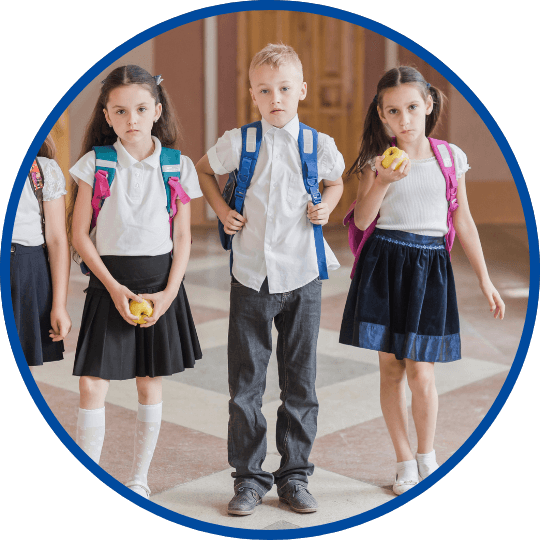Collective Solutions with Wellbeing and Trauma-Aware Pedagogies.
There is so much to unpack in this conference theme! PESA is keen to highlight the enormous potential of what we can achieve together at the conference and, more importantly, the transformative changes you can bring to your own educational setting by attending.
Let’s begin by exploring the concept of Trauma Awareness and why it holds such a significant place in this conference. Following the research:
- Experiencing trauma doesn’t necessarily cause long-term harm. Whilst some studies find that up to three-quarters of Australian children have experienced some form of trauma, many children recover well and some actually experience post-traumatic growth. Developing to skills so all young people can flourish has always been part of PESA’s mission and this continues to be the case.
- Trauma-informed education isn’t something new, or another thing to do – it’s what great teachers do already to make sure that all students feel safe, seen, and heard. As highlighted by the Royal Commission into Child Sexual Abuse, trauma – in all its forms – is present in every classroom. It affects not only students but also educators. As we embrace wellbeing education to develop essential human skills for life in our students, it’s crucial to consider trauma. Trauma-aware practices are at the heart of inclusive education and some would argue are best practice for all education. After all, wellbeing isn’t a privilege reserved for a select few; it’s a fundamental need for everyone.

It is so important that we have a clear, shared conceptualisations of what we mean by trauma – because there are some misunderstandings in the community.
Trauma can be big or small. We often think of trauma as violence or abuse, natural disasters such as bush fires of flood, or sudden loss or death. These experiences can be described as ‘Big T’ and can cause something obvious like a fight or flight response. Pandemics have also been classified in this list of traumas and help us to understand how trauma can affect people differently, even when experiencing the same thing. Trauma is also experienced in less severe ways, such as moving schools, friendship rejections, microaggressions, separation anxiety and a lack of emotional or psychological safety. This can be described as ‘Small T’ trauma as it is less obvious although perhaps more pervasive. Evidence suggests these are frequently experienced by many young people.
You never know what ‘baggage’ is being brought to school each day. Every day, our students walk through the school gates with backpacks full of books, but also carrying unseen burdens – anxieties tucked between the pages, silent struggles zipped up tight, and unspoken fears pressing down heavier than any textbook. As educators, we can use effective strategies for wellbeing to lighten these burdens and help our students to be ready to learn.
Teaching Wellbeing Through a Trauma-Aware Lens
So, how do we teach strategies of wellbeing effectively while remaining trauma-aware? The answer lies in our pedagogy. By adopting best practices and methodologies in teaching and fostering an environment where every individual feels valued and included, we create the conditions for wellbeing to not just exist, but truly thrive. PESA recognises that when educators consider teaching through are trauma-aware lens they are working from a place that increases the likelihood that wellbeing can be experienced by all.

Collective Solutions: The Role of Educators as Experts
Who are the true experts in implementing these practices? Educators of course! While researchers and subject matter experts provide invaluable insights to deepen our understanding (and will play a vital role at the conference), it is educators who bring firsthand experience to the table. This conference is a celebration of their expertise and dedication.
During the PESA conference, delegates will take part in interactive, co-creation workshops to solve real challenges faced by schools. In doing this, we will harness the extraordinary collective wisdom of educators to drive meaningful change. Whether you teach English, primary years or you are the Inclusive Learning Coordinator, this is a conversation you need to be part of.
What You Can Expect from the PESA Conference
Attendees will leave the conference feeling:
- Challenged to reflect on and reshape their approaches to wellbeing in education - what’s new? What’s emerging? What might have changed?
- Inspired to implement evidence-based strategies to create positive change for themselves, their students and their school communities.
- Empowered to confidently embed wellbeing initiatives in their schools and communities that also support the needs of their trauma-impacted young people.
- Supported to deliver sustainable practices that enhance their wellbeing practices.

Join Us in Driving Change
We warmly invite you to be a collaborator on this journey. Together, we can create collective solutions that transform wellbeing education. Tickets are available now. Click here for more details and to secure your spot.
Let’s shape the future of education, one trauma-aware and wellbeing-focused tactic at a time.

